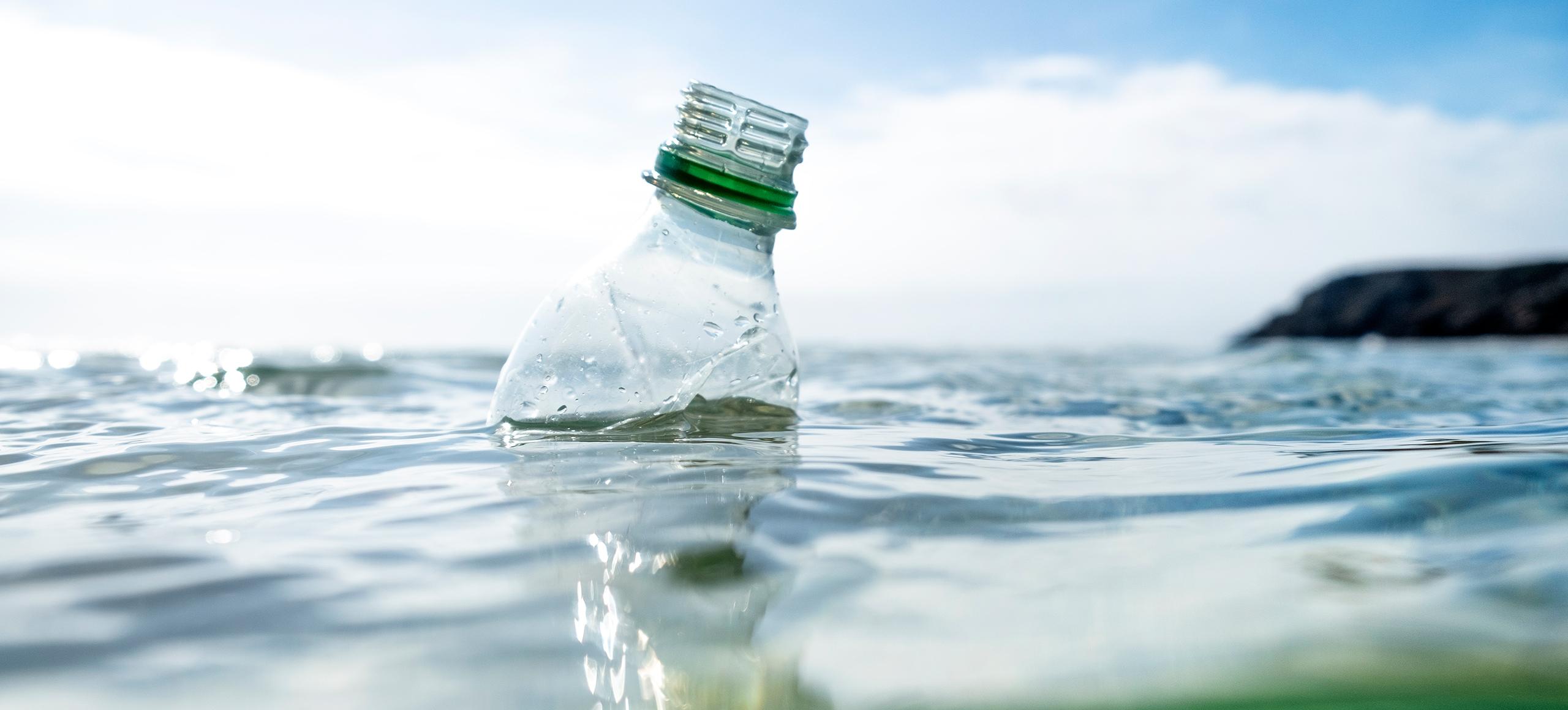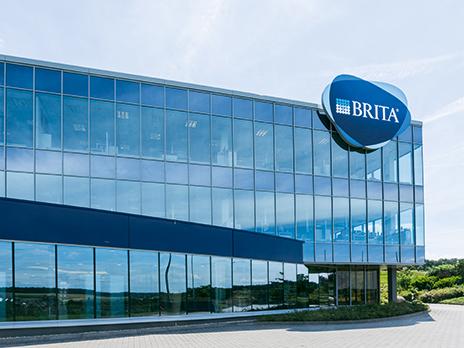Every year the UK consumes a staggering 14 billion plastic drinks bottles, leaving behind a deluge of pollution and waste, due to littering and low levels of recycling and reuse. As a result, plastic inevitably finds its way into the natural environment such as our oceans and rivers, having a detrimental impact on wildlife and water quality.

Championing action on plastic with our charity partners WDC
Those championing action on plastic, such as BRITA and our partners the Whale and Dolphin Conservation have long called for action to create a circular economy based on the waste hierarchy. A truly circular economy would see the creation of virgin plastics reduced, items reused as many times as possible, and as a final port of call, the recycling of materials that aren’t fit for reuse. Governments across the world are now acting by putting new schemes in place to reduce plastic waste, to try and plug the flow of plastic into the oceans.

Deposit return scheme
One scheme which has been rolled out in various forms in over 45 countries is the deposit return scheme (DRS). The idea is to charge a small deposit on packaging to encourage customers to return recyclable items and reclaim the deposit. In practice, this sees consumers returning drinks containers such as plastic drinks bottles and tin cans to designated bins, to places like supermarkets. Some countries with established schemes like Denmark now boast a 93% return rate!
After much debate, the UK Government announced earlier this year that it would be bringing in DRS across England, Wales and Northern Ireland in 2025. Despite the scheme focusing solely on recycling, the Environment Minister, Rebecca Pow, said she hopes that it could slash the amount of litter created from drinks containers by 85% after three years, ultimately cutting down the amount of plastic polluting our seas.

Environmental organisations want more focus on reuse
Some environmental organisations have touted DRS as having the potential to go even further, and usher in more focus on reuse. CitytoSea, a charity seeking to halt plastic pollution, note that the infrastructure and logistics that come with DRS open the door to making it easier for companies to adopt returnable bottles and refillable containers. Last year, BRITA released a whitepaper which found that by embracing reuse models, companies could actually increase productivity and become more efficient, providing an economics boost across the country whilst helping reduce the amount of waste created.

Our thoughts
BRITA believes that schemes which encourage reuse and refill, could help to drastically cut down the amount of virgin plastic created, both single use and recyclable. With recent estimates from Nat Geo claiming that there are over 5 trillion pieces of plastic in the sea, we need to make sure we’re bringing in schemes which support a truly circular economy and drive sustainable behaviours.
Read more about our work with WDC here.




